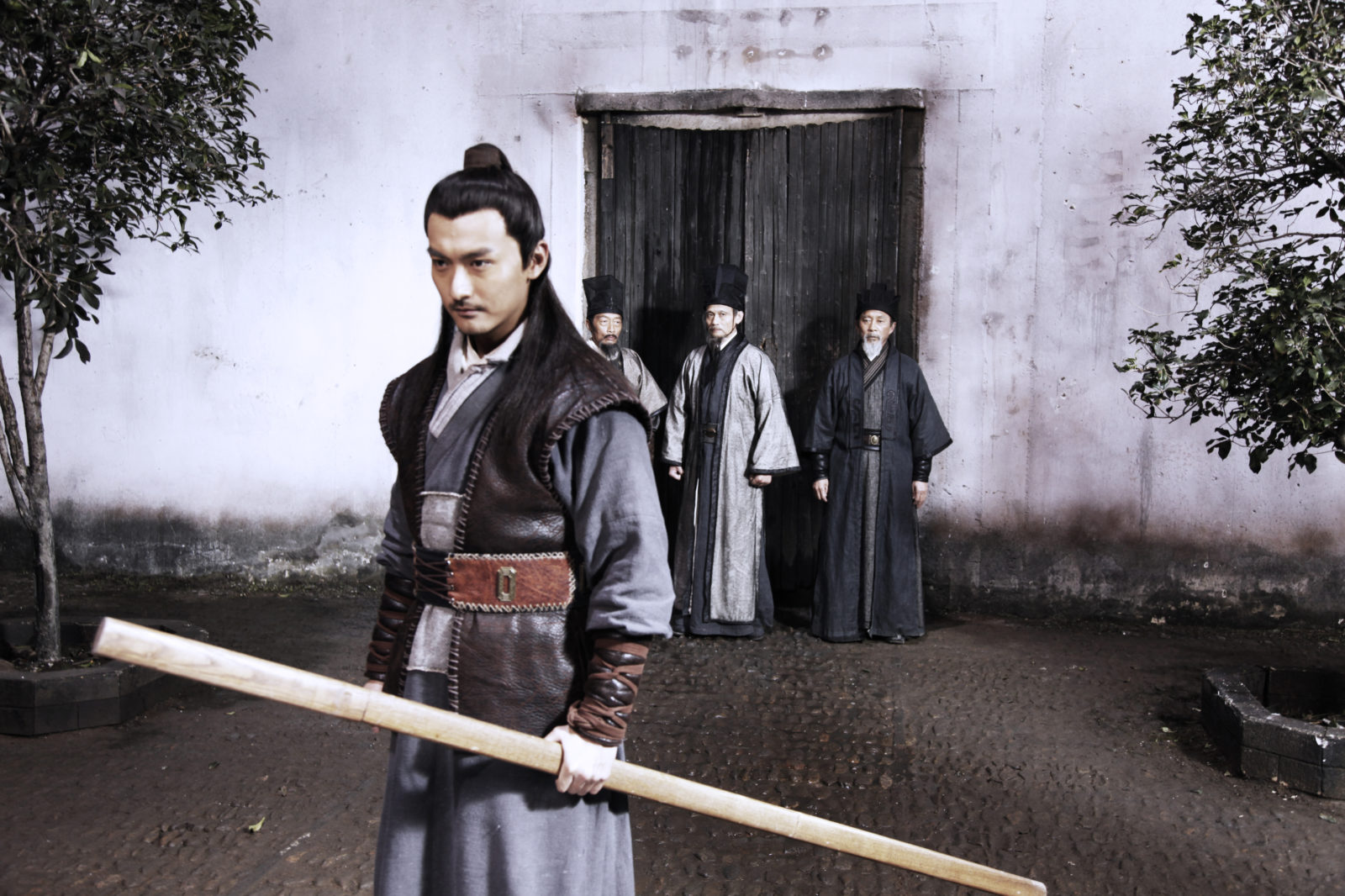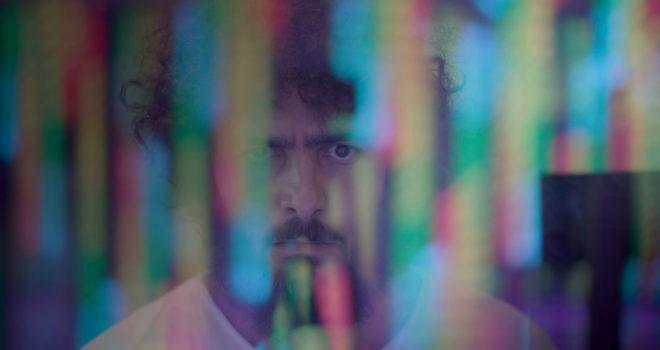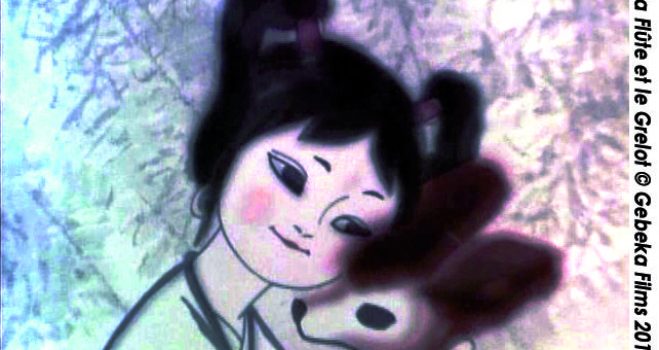China in the 16th century. Two warriors arrive in a southern coastal town. Mistaken for Japanese pirates because of their curved swords, Liang and his colleague are caught in the middle of inner fighting among the various martial arts schools of the town. The first feature film from a novelist who also wrote the script of Wong Kar wai’s next film, The Sword Identity is a subtle deconstruction of the wu xia pian genre. Chance has nothing to do with the fact that Yu Chenghui (who played opposite Jet Li in Shaolin Temple in 1982) is an eminent fencing master, retired in the mountains. Yet it is possible to read the film along a variety of angles – aesthetic, political, historical – which makes it possible for viewers not used to sword films to appreciate its mixture of moods, expressed by a chorus of incapable soldiers or deceptively ingenuous courtesans. Masterful director Xu Haofeng also achieved another feat: using natural settings to convey a sense of stylised refinement. The curved sword mistaken for a sign of belonging to the Japanese enemy is a metaphor for a variety of influences. The film provides a lively revival of the genre, borrowing as much from Kurosawa as from King Hu. Charlotte Garson
Home > Films > The Sword Identity
The Sword Identity
(Wokou)
by XU Haofeng
- China
- 2011
- Fiction
- Couleur
- 108′
- Mandarin
- Titre français
The Sword Identity - Original title
Wokou - Scénario
Xu Haofeng - Photo
Sha Jincheng, Meng Xiaoqing - Montage
Xu Haofeng - Son
Zhang Yang - Interprétation
Yu Chenghui, Song Yang, Zhao Yuanyuan, Majun, Xu Fujing - Production
Gootime Cultural Communication Co., Ltd - Directeur artistique
Xie Yong - Ventes internationales
Golden Network Asia Limited : info@goldnetasia.com - Support de projection
DCP - Sous-titrage
VOST électronique



